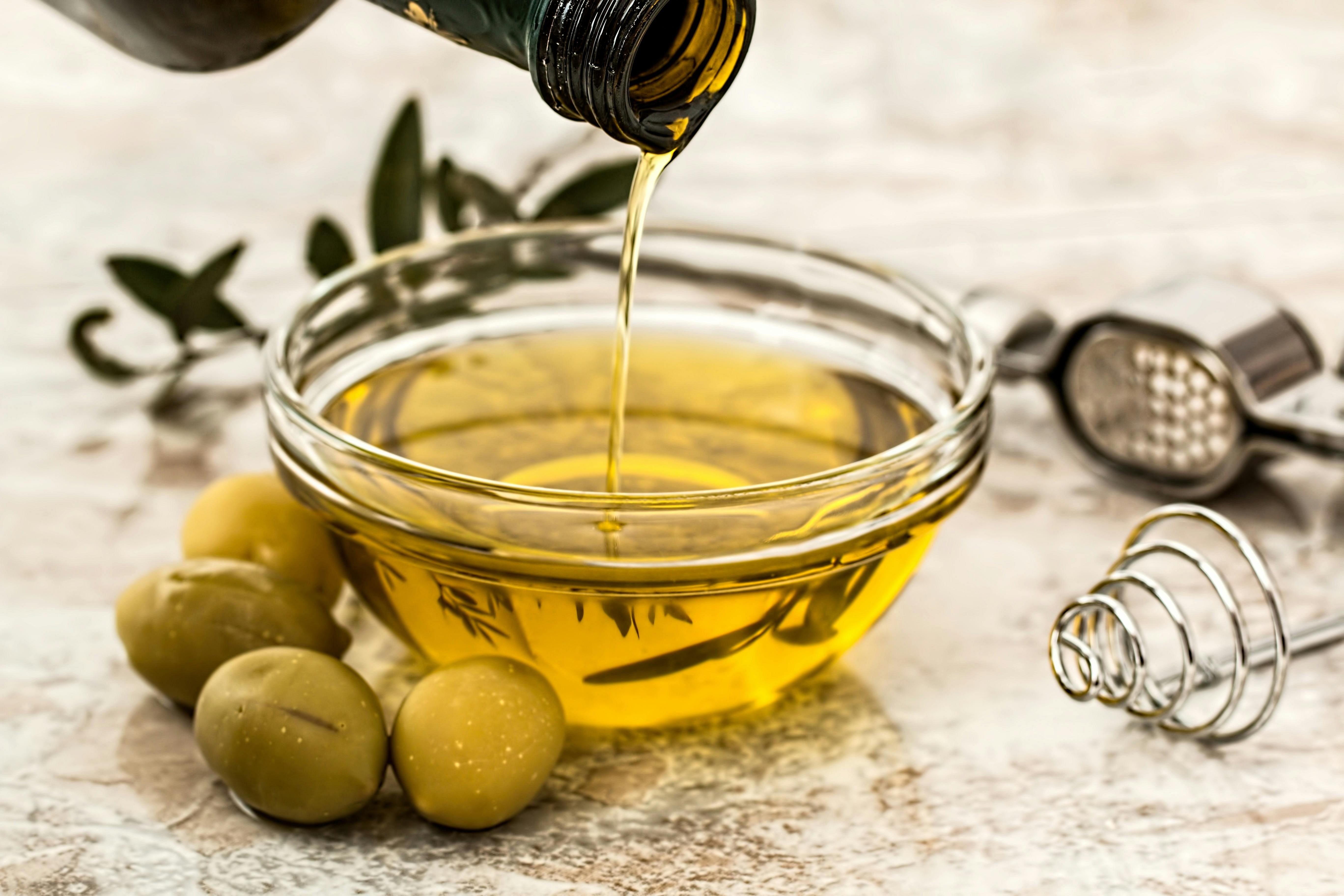
From Bollywood romances to hair care needs, mustard is quite a popular ingredient in India. Also known as ‘spicy condiment’ this essential food is present in most households, notorious for its strong taste and essence.
Interestingly, when not metabolized properly, the same mustard can prove to be harmful. The presence of erucic acid is believed to be unsafe for humans. The US Food and Drug Administration (FDA) has cited concerns over erucic acid's impact on brain health, memory function, and fat accumulation in the body. This has prompted regulatory authorities in the USA, Canada, and Europe to prohibit its use in edible products.
The controversy surrounding mustard oil stems from its status as a prized source of oil, particularly in countries like India, Thailand, and Pakistan. Known for its distinctive taste and numerous health benefits, it has long been a staple ingredient in traditional cooking and folk medicine practices.
In response to the bans, alternatives like soybean oil have gained popularity across the world. Soybean oil, known for its Omega 3 and Omega 6 fatty acids, instead offers a range of health benefits, including promoting collagen production, supporting brain development, and nourishing the skin and hair.
Despite the bans, proponents of mustard oil continue to tout its medicinal properties, including its antioxidant content and ability to detoxify the body. Researchers and manufacturers are actively exploring ways to mitigate erucic acid levels through selective breeding and innovative cultivation techniques.
When asked Harpreet Kaur, a Delhi-based dietician about this latest development, she says, “Mustard is a common ingredient in North India. Its oil has been used and approved ayurvedically in the country. It is widely used in pickles and foods. However, as the excess for everything is bad, this needs to be used in moderation and its source of procurement and methodology of consumption needs to be tracked. Those allergic to it must switch to options like coconut oil, soyabean oil, ground nut oil, etc.”
Besides, the expert opines that the correct practice of using mustard oil is to boil it, let it simmer down, and then consume it. Her word of caution for consumers is to avoid repeated usage of the same oil as it makes it carcinogenic.











